Two of Europe’s largest supermarket groups, Tesco and Carrefour have announced that they will combine their buying of own-label produce for an initial period of three years.
The supermarkets are describing this as a “strategic alliance” that will cover the relationship with global suppliers and it will “enable both companies to improve the quality and choice of products available to their customers, at even lower prices”. At the same time they say that the arrangement “will also allow both companies to strengthen their relationships with their suppliers and create significant opportunities for those suppliers”.
Sainsbury/Asda
This follows the recent announcement by J Sainsbury and ASDA, the second and third largest supermarkets in the UK that they would merge, and represents further consolidation in the retail sector. Commenting on this, SAMW executive manager, Martin Morgan said: “While consolidation within the retail sector is not new, it appears that the pace and scale of these mergers is accelerating. We would be very concerned if the plan for the new business to reduce costs for consumer’s results in further downward pressure on an already fragile primary supply chain. This would be pressure that the red meat processing sector, which is already working on paper-thin margins, simply could not absorb.”
Tesco are a major buyer of Scotch beef and lamb while Carrefour, like other French retailers, have focused on French-origin beef in response to farmer protests a few years ago. Scotch beef sales to Carrefour and other French retailers are low, whereas they continue to be major buyers of UK lamb as France produces less than half the lamb it consumes. Imports from the UK, Ireland, and New Zealand make up the deficit with little controversy.
Driver of mergers and alliances
What is known as big-box retailing is proving vulnerable to two major threats. First is the use of technology in retail with online sales really impacting on the high-street in clothes, books and electrical goods and best demonstrated by the phenomenal growth of Amazon. This trend will continue as technology and distribution channels develop and fresh food, the staple of supermarket retailers is coming under increasing pressure which will increase further.
There is real concern that the larger store format is particularly vulnerable. The idea of a large weekly shop is going out of fashion as indeed is the notion of food preparation in the home. Where consumers shop for food is more likely to be on a meal by meal basis in a convenience store or indeed move online and bringing out of home eating into the home with the use of online food delivery solutions such as the justeat app.
Discounters
The second major threat to the established retail sector in the UK and across the EU is the rapid growth on what are described as the discount retailers. The most famous examples are the German-based Aldi and Lidl who have been growing rapidly over the past decade. Their model has been based on a smaller store format carrying a much smaller range of goods than either Tesco or Carrefour, and an ability to sell at much lower prices and capture market share. As consumers have moved away from a large weekly or monthly one-stop shop, the discounter model has found favour with convenience stores complimenting their offering.
To stem the flow of business to these discounters, mainstream supermarkets have had to cut prices which in turn has hit the profit margins, in the case of Tesco falling from 5% to 3% over the past decade.
What the alliance means for Scottish farmers
Farmers correctly become concerned when they hear of a supermarket initiative that is designed to give their customers lower prices. This is pointed out by the Scottish meat industry in its comment to Farmers Journal Scotland. The clue to what the alliance really means can be found in its core purpose - to “enable both companies to improve the quality and choice of products available to their customers, at even lower prices.”
While there may be some distribution and purchasing efficiencies, particularly in not for resale consumable products, it seems inevitable that there will be some squeeze on suppliers and perhaps a winner takes all scenario where a supplier could be enticed to drive prices lower on the basis that they would expand their business to both retailers where they had been serving just one before.
Tesco
Sales 2016/17 – £51bn, £1.6bn operating profit.Employees – 440,000.Number of stores – 6,800 in UK, Ireland, Poland, Hungary, Czech Republic, Slovakia and Malaysia. Joint venture in China with China Resources Enterprise Ltd and a franchise arrangement with Star Bazaar in India.Carrefour
Sales 2017 – €88bn (£78bn).Employees – 374,478.Number of stores – 12,300 across 30 countries serviced by 20,000 suppliers.
Two of Europe’s largest supermarket groups, Tesco and Carrefour have announced that they will combine their buying of own-label produce for an initial period of three years.
The supermarkets are describing this as a “strategic alliance” that will cover the relationship with global suppliers and it will “enable both companies to improve the quality and choice of products available to their customers, at even lower prices”. At the same time they say that the arrangement “will also allow both companies to strengthen their relationships with their suppliers and create significant opportunities for those suppliers”.
Sainsbury/Asda
This follows the recent announcement by J Sainsbury and ASDA, the second and third largest supermarkets in the UK that they would merge, and represents further consolidation in the retail sector. Commenting on this, SAMW executive manager, Martin Morgan said: “While consolidation within the retail sector is not new, it appears that the pace and scale of these mergers is accelerating. We would be very concerned if the plan for the new business to reduce costs for consumer’s results in further downward pressure on an already fragile primary supply chain. This would be pressure that the red meat processing sector, which is already working on paper-thin margins, simply could not absorb.”
Tesco are a major buyer of Scotch beef and lamb while Carrefour, like other French retailers, have focused on French-origin beef in response to farmer protests a few years ago. Scotch beef sales to Carrefour and other French retailers are low, whereas they continue to be major buyers of UK lamb as France produces less than half the lamb it consumes. Imports from the UK, Ireland, and New Zealand make up the deficit with little controversy.
Driver of mergers and alliances
What is known as big-box retailing is proving vulnerable to two major threats. First is the use of technology in retail with online sales really impacting on the high-street in clothes, books and electrical goods and best demonstrated by the phenomenal growth of Amazon. This trend will continue as technology and distribution channels develop and fresh food, the staple of supermarket retailers is coming under increasing pressure which will increase further.
There is real concern that the larger store format is particularly vulnerable. The idea of a large weekly shop is going out of fashion as indeed is the notion of food preparation in the home. Where consumers shop for food is more likely to be on a meal by meal basis in a convenience store or indeed move online and bringing out of home eating into the home with the use of online food delivery solutions such as the justeat app.
Discounters
The second major threat to the established retail sector in the UK and across the EU is the rapid growth on what are described as the discount retailers. The most famous examples are the German-based Aldi and Lidl who have been growing rapidly over the past decade. Their model has been based on a smaller store format carrying a much smaller range of goods than either Tesco or Carrefour, and an ability to sell at much lower prices and capture market share. As consumers have moved away from a large weekly or monthly one-stop shop, the discounter model has found favour with convenience stores complimenting their offering.
To stem the flow of business to these discounters, mainstream supermarkets have had to cut prices which in turn has hit the profit margins, in the case of Tesco falling from 5% to 3% over the past decade.
What the alliance means for Scottish farmers
Farmers correctly become concerned when they hear of a supermarket initiative that is designed to give their customers lower prices. This is pointed out by the Scottish meat industry in its comment to Farmers Journal Scotland. The clue to what the alliance really means can be found in its core purpose - to “enable both companies to improve the quality and choice of products available to their customers, at even lower prices.”
While there may be some distribution and purchasing efficiencies, particularly in not for resale consumable products, it seems inevitable that there will be some squeeze on suppliers and perhaps a winner takes all scenario where a supplier could be enticed to drive prices lower on the basis that they would expand their business to both retailers where they had been serving just one before.
Tesco
Sales 2016/17 – £51bn, £1.6bn operating profit.Employees – 440,000.Number of stores – 6,800 in UK, Ireland, Poland, Hungary, Czech Republic, Slovakia and Malaysia. Joint venture in China with China Resources Enterprise Ltd and a franchise arrangement with Star Bazaar in India.Carrefour
Sales 2017 – €88bn (£78bn).Employees – 374,478.Number of stores – 12,300 across 30 countries serviced by 20,000 suppliers. 


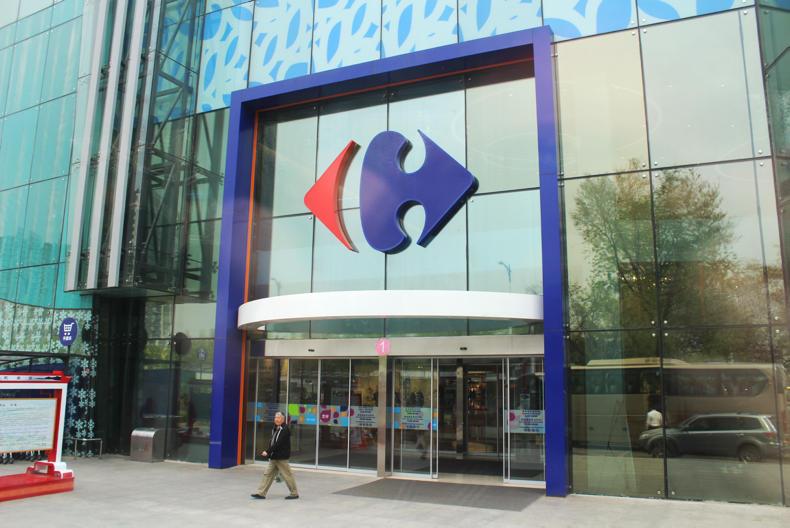

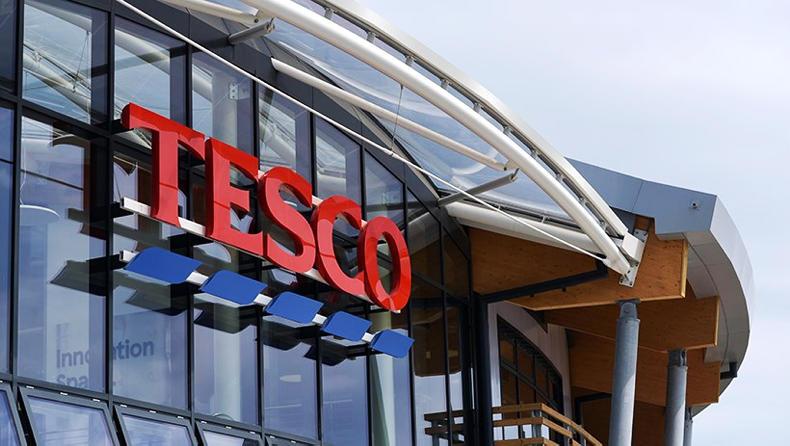

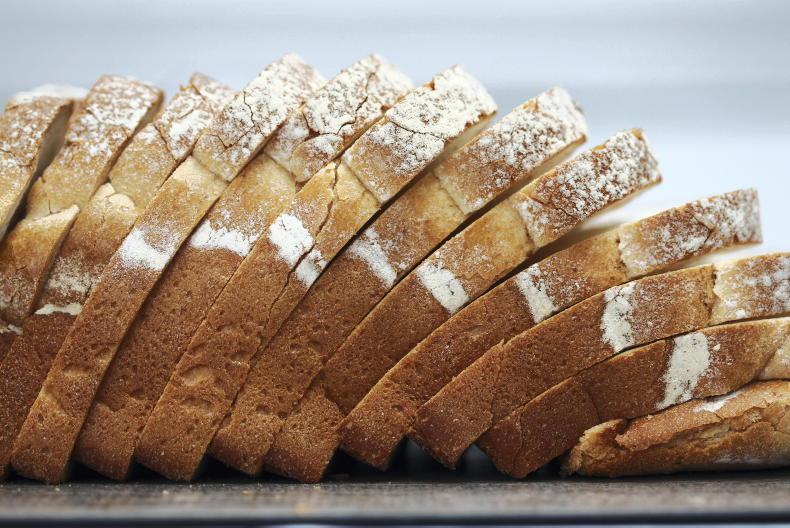
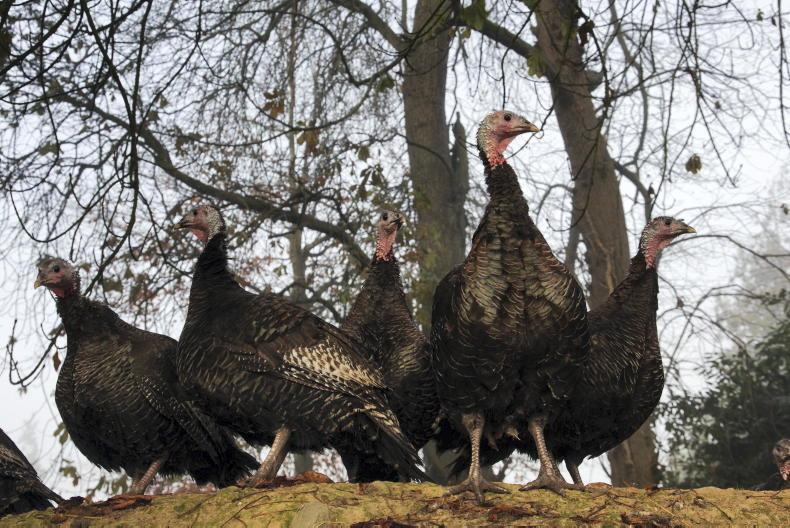
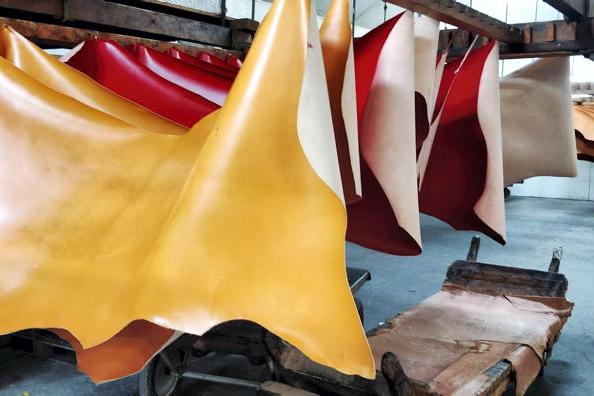

SHARING OPTIONS